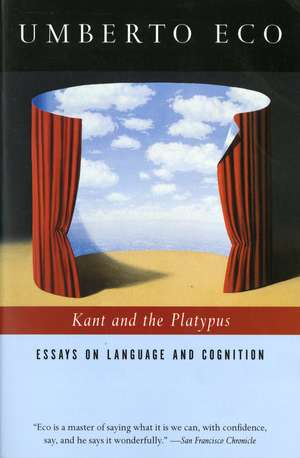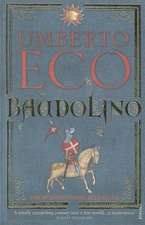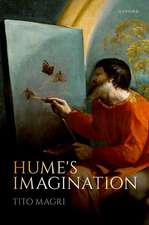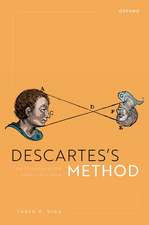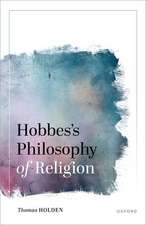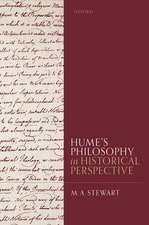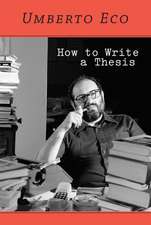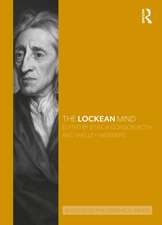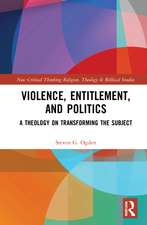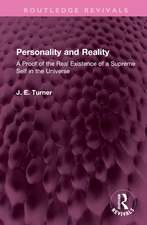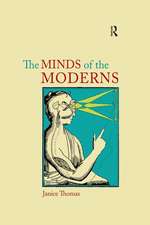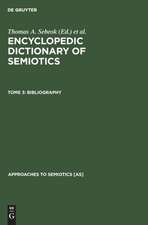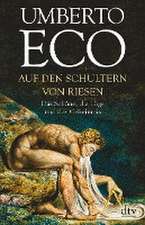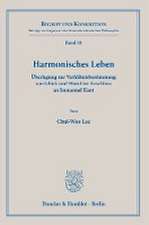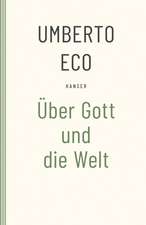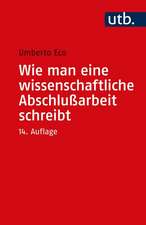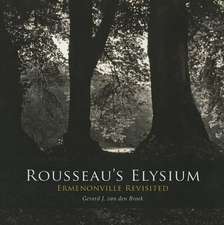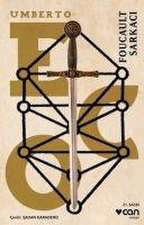Kant And The Platypus: Essays on Language and Cognition
Autor Umberto Eco Traducere de Alastair McEwenen Limba Engleză Paperback – 8 noi 2000
| Toate formatele și edițiile | Preț | Express |
|---|---|---|
| Paperback (2) | 69.92 lei 24-35 zile | +26.15 lei 7-11 zile |
| Vintage Publishing – 7 sep 2000 | 69.92 lei 24-35 zile | +26.15 lei 7-11 zile |
| HarperCollins Publishers – 8 noi 2000 | 149.74 lei 3-5 săpt. |
Preț: 149.74 lei
Nou
Puncte Express: 225
Preț estimativ în valută:
28.66€ • 31.12$ • 24.07£
28.66€ • 31.12$ • 24.07£
Carte disponibilă
Livrare economică 01-15 aprilie
Preluare comenzi: 021 569.72.76
Specificații
ISBN-13: 9780156011594
ISBN-10: 015601159X
Pagini: 480
Dimensiuni: 135 x 203 x 31 mm
Greutate: 0.52 kg
Ediția:First Edition
Editura: HarperCollins Publishers
Colecția HarperVia
Locul publicării:United States
ISBN-10: 015601159X
Pagini: 480
Dimensiuni: 135 x 203 x 31 mm
Greutate: 0.52 kg
Ediția:First Edition
Editura: HarperCollins Publishers
Colecția HarperVia
Locul publicării:United States
Recenzii
"Umberto Eco's essays read like letters from a friend, trying to share something he loves with someone he likes." -San Francisco Review of Books
—
—
Notă biografică
UMBERTO ECO (1932-2016) was the author of numerous essay collections and seven novels, including The Name of the Rose,The Prague Cemetery, and Inventing the Enemy. He received Italy's highest literary award, the Premio Strega, was named a Chevalier de la Légion d'Honneur by the French government, and was an honorary member of the American Academy of Arts and Letters.
Descriere
Descriere de la o altă ediție sau format:
Umberto Eco undertakes a series of idiosyncratic and typically brilliant explorations, starting from the perceived data of common sense, from which flow an abundance of 'stories' or fables, often with animals as protagonists, to expound a clear critique of Kant, Heidegger and Peirce.
Umberto Eco undertakes a series of idiosyncratic and typically brilliant explorations, starting from the perceived data of common sense, from which flow an abundance of 'stories' or fables, often with animals as protagonists, to expound a clear critique of Kant, Heidegger and Peirce.
